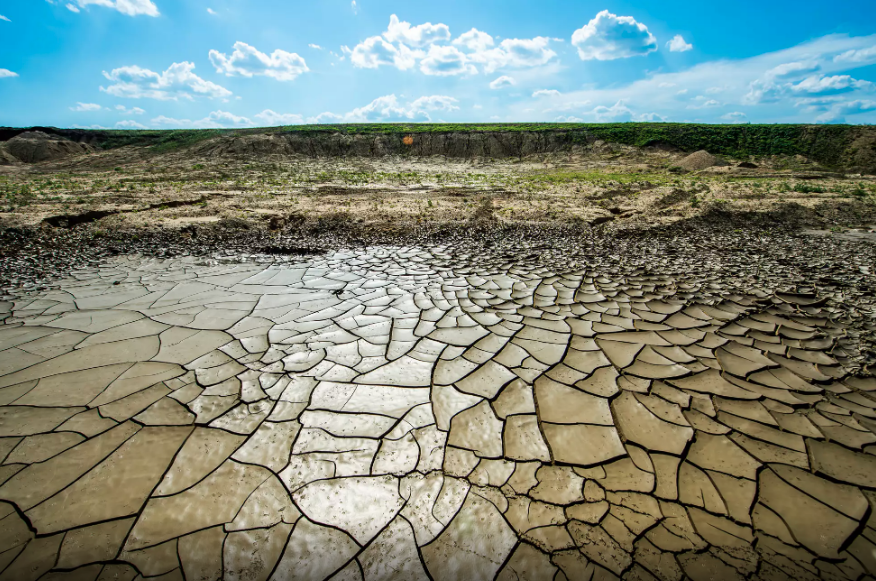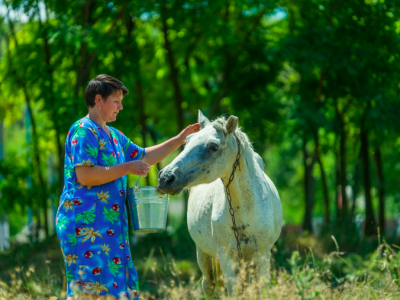Supporting Moldova to advance their NAP Process
Project Overview

Country background, Sustainable Development Goals and Paris Agreement
The Republic of Moldova is a landlocked country with a continental climate, characterised by relatively mild winters with little snowfall, warm summers and low humidity. Favourable farming conditions and a rural population of 60 per cent indicate that Moldova’s economy is largely dependent on agriculture. Furthermore, with around 90 per cent of the crop production being rain-fed, the agricultural sector is extremely vulnerable to climate change, which poses risks such as droughts, floods and hail.
Moldova has effectively responded to the challenges posed by climate change, and under the coordination of their national strategic framework, the Climate Change Adaptation Coordination Mechanism (CCACM), it has already successfully completed the 1st phase of their NAP process (NAP-1), which aimed to ensure the development of systematic capacities to support medium to long-term adaptation planning and budgeting.
In 2017, on top of completing NAP-1 and turning their efforts to the formulation of NAP-2, Moldova also submitted their Intended NDC to the UNFCCC in 2015, which later became their First NDC, as they ratified the Paris Agreement in June 2017. The NDC includes an Annex containing a comprehensive assessment of the country’s engagement with adaptation planning, including; (1) climate change trends, impacts and vulnerabilities; (2) mid-term adaptation vision, goals and targets; (3) current and planned adaptation undertakings; (4) gaps and barriers; (5) summary of needs; and (6) monitoring and reporting progress. The NDC outlines agriculture, health, water resources, energy, forestry and transport as the most climate-sensitive sectors, also a priority for the NAP process. Moldova is working towards the consideration of climate change adaptation at all levels of planning, which will secure more sustainable development and advance the progress towards the SDGs.
How has the NAP-GSP supported to date?
|
Provided support for the to other adaptation projects
|
The "Supporting Moldova’s National Climate Change Adaptation Planning Process" project is funded by the Austrian Development Cooperation Agency (ADA). The NAP-GSP helped support this project.
|
|
Organised the Eastern European, Caucasus and Central Asia Regional Workshop on the NAP process
|
In June 2016, the NAP-GSP organised a Regional Workshop, in Chisinau, Moldova. The workshop convened government representatives from across the region to share experiences and knowledge on how best to advance the NAP process. |
|
Helped build capacity and facilitated access to additional climate finance
|
Specifically supported with the drafting of the Readiness and Preparatory Support Proposal, outlining finance needs for the second phase of the NAP process (NAP-2), to be submitted to the Green Climate Fund (GCF). The Readiness proposal was submitted to the GCF on 19th August 2016 for review. |
News
> Improving meteorological services in Moldova
11 April 2016, Moldova - This UNDP Climate Change Adaptation Exposure captures how improved meteorological services can provide advanced warning on extreme weather, allowing farmers and communities to further plan ahead and prepare for the exacerbating impacts of climate change
 UNDP and the Green Climate Fund support Moldova for a better adaptation planning to climate change
UNDP and the Green Climate Fund support Moldova for a better adaptation planning to climate change 